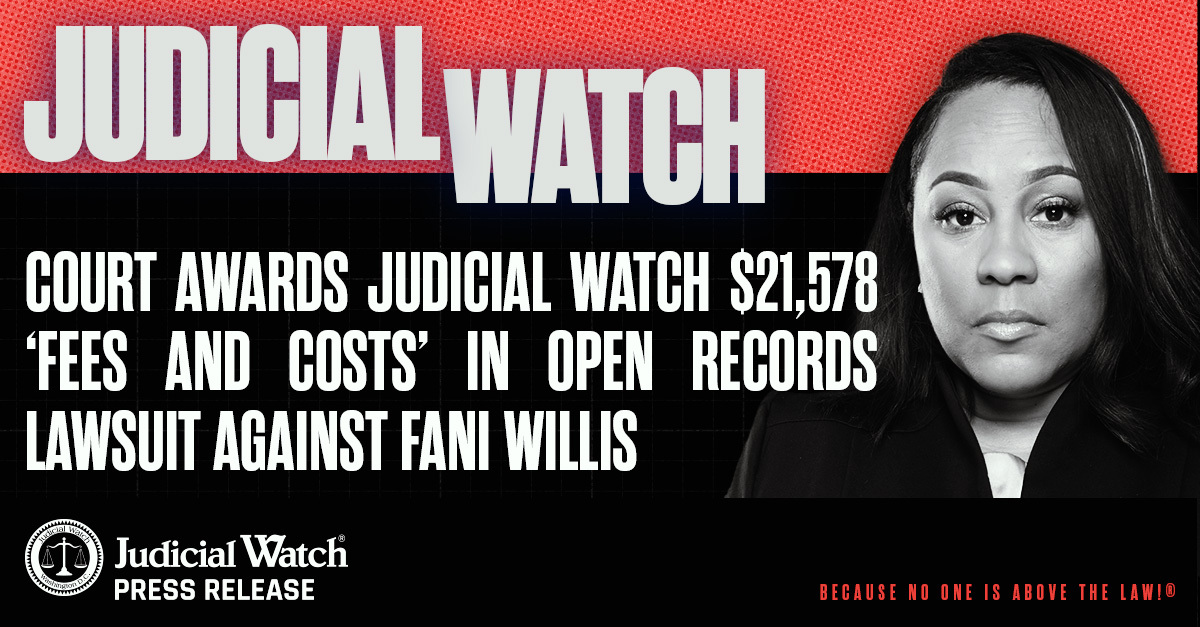

TSA Plagued With “Bureaucratic Morass And Mismanagement”
The multi-billion-dollar federal agency created after the 9/11 terrorist attacks to protect the nation’s transportation system is inept, bloated and has failed miserably to fulfill its mission despite being generously funded by the government, according to a new congressional report.
This is hardly earth-shattering news about the Transportation Security Administration (TSA) since its many lapses have been exposed through the years in a variety of government probes and media reports. What singles out this particular report, released this week by a House Transportation Committee, is that it goes a step further by calling for an overhaul of the 65,000-employee agency.
Titled “A Decade Later: A Call for TSA Reform,” the report outlines the Homeland Security agency’s endless transgressions since its creation and concludes that it has “grown into an enormous, inflexible and distracted bureaucracy” that has lost its focus on transportation security. The TSA “lacks administrative competency” and “suffers from bureaucratic morass and mismanagement,” the report further states.
TSA’s operations are outdated, more than 25,000 security breaches have occurred at U.S. airports since congress created it and the agency has failed to develop and deploy effective technology despite wasting $39 million to procure special machines that could not consistently detect explosives. The TSA also blew $212 million on a failed passenger observation program that allowed terrorists to board planes on nearly two dozen occasions. This information was attributed to a separate government report published earlier this year.
It’s not like the TSA lacks manpower. Its workforce has swelled by 400%—from 16,000 to 65,000—since it was created and it’s larger than many other agencies, including the departments of State, Labor, Energy, Education and Housing and Urban Development. The TSA has also received nearly $60 billion to secure the nation’s transportation network.
The committee’s recommendations for reform include setting performance standards for passenger and baggage screening operations based on risk analysis and common sense, prioritizing screening resources based on risk rather than a one-size-fits-all system, dramatically reducing administrative personnel and offering the public more transparency involving performance. Sounds rather simple, especially the “common sense” part.
The bottom line is that the TSA must “refocus its mission based on risk and develop common sense security protocols,” says the Florida congressman (John Mica) who helped write the legislation that created the agency a decade ago. Mica also chairs the House Committee on Transportation and Infrastructure that produced the scathing report. In a separate statement he said the TSA “has mushroomed into a human resources bureaucracy of over 65,000 that has lost its transportation security focus.”















